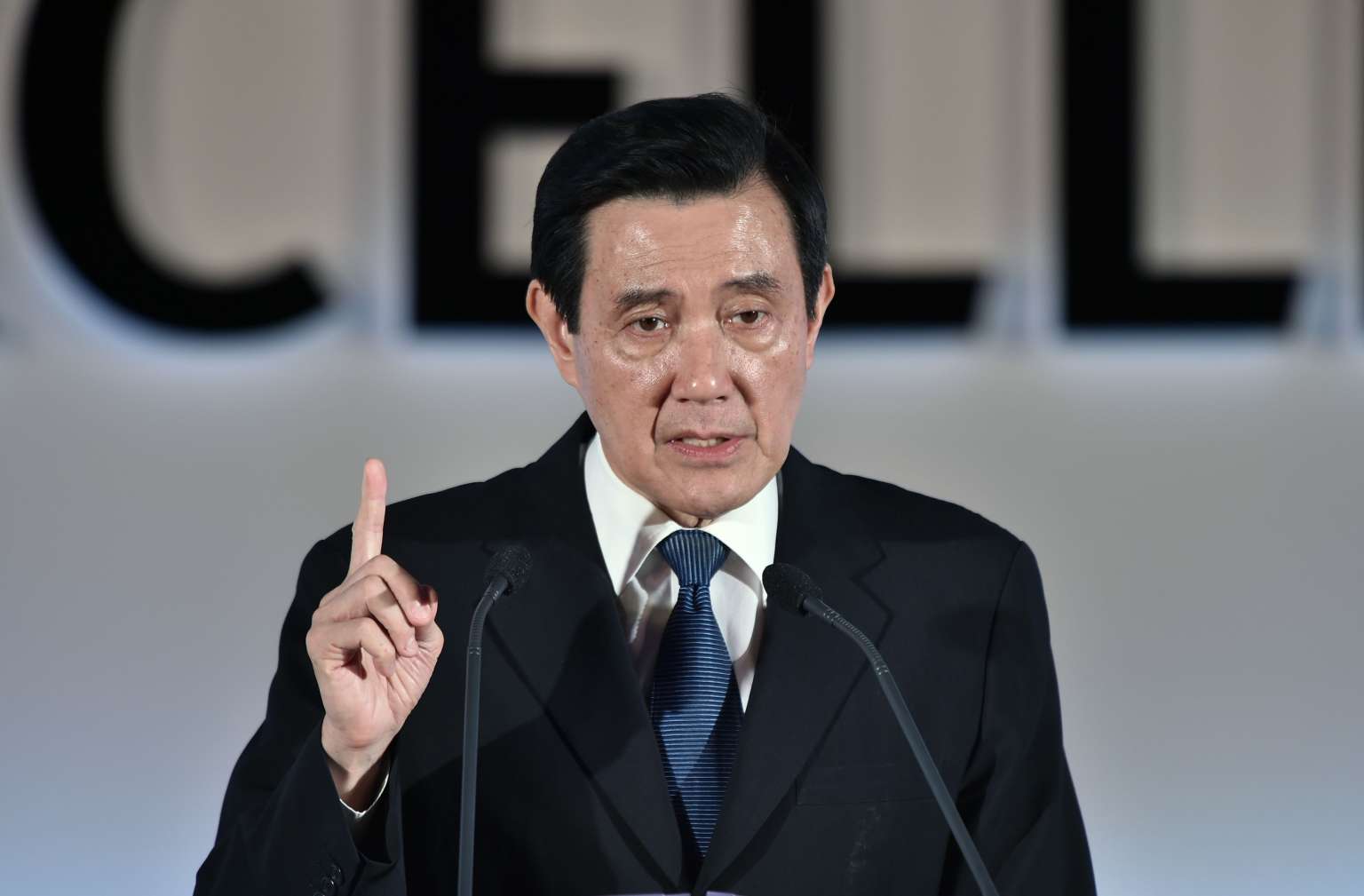Taiwan's former president Ma Ying-jeou faces multiple lawsuits after immunity ends
Sign up now: Get insights on Asia's fast-moving developments

Mr Ma Ying-jeou now faces his own court battles as political rivals hurl suits at him on a range of allegations, including leaking political secrets and failing to declare assets.
PHOTO: AFP
Follow topic:
TAIPEI (AFP) - Dozens of lawsuits brought against former Taiwanese president Ma Ying-jeou reopened on Saturday (May 21) as his presidential immunity lapsed after the island swore in its new leader.
Mr Ma left the presidential office on Friday as Ms Tsai Ing-wen of the Democratic Progressive Party (DPP) took the reins as the island's first female leader, after winning a landslide victory in January.
Mr Ma came to power in 2008 partly due to his "Mr Clean" image, favoured by a public fed up with the scandals of former DPP leader Chen Shui-bian, who was jailed for corruption.
However, Mr Ma now faces his own court battles as political rivals hurl suits at him on a range of allegations, including leaking political secrets and failing to declare assets.
His departure from office means he now faces 24 cases, according to the Taipei District Prosecutors Office.
"The office has been actively taking inventory of cases relating to president Ma that were suspended due to immunity to criminal prosecution," prosecutors said in an earlier statement.
"The investigations will restart according to law after the president steps down," it said.
Local media reported on Thursday that the High Court had ordered a rehearing on a request brought by a DPP lawmaker that Mr Ma be prevented from leaving the country due to the cases he faces.
That request had previously been denied at district level.
Seemingly undeterred, a relaxed Mr Ma was pictured going for a morning jog and doing push-ups in his old neighbourhood in Taipei on Saturday, after moving back there from the presidential residence.
Mr Ma took the leadership in 2008 by the biggest landslide in Taiwan's democratic history, but saw his popularity plummet during his eight-year run, with the public unnerved by policies seen as linking the island too closely with rival China.
Even though Taiwan is self-governed after splitting with the mainland in 1949 following a civil war, Beijing still sees the island as part of its territory to be reunified.

